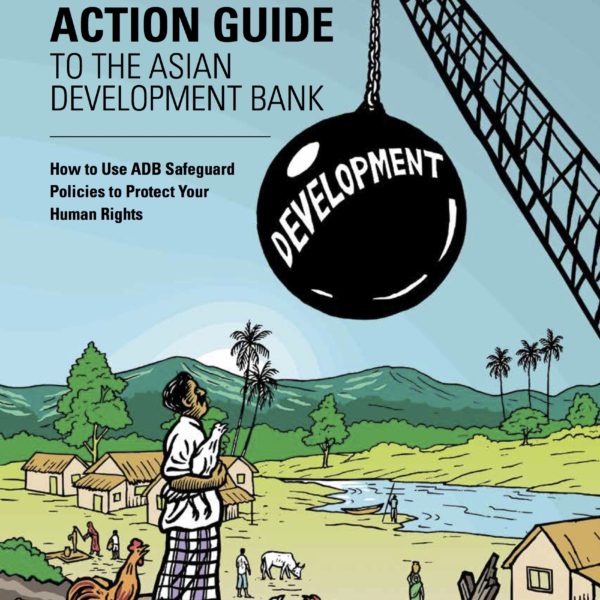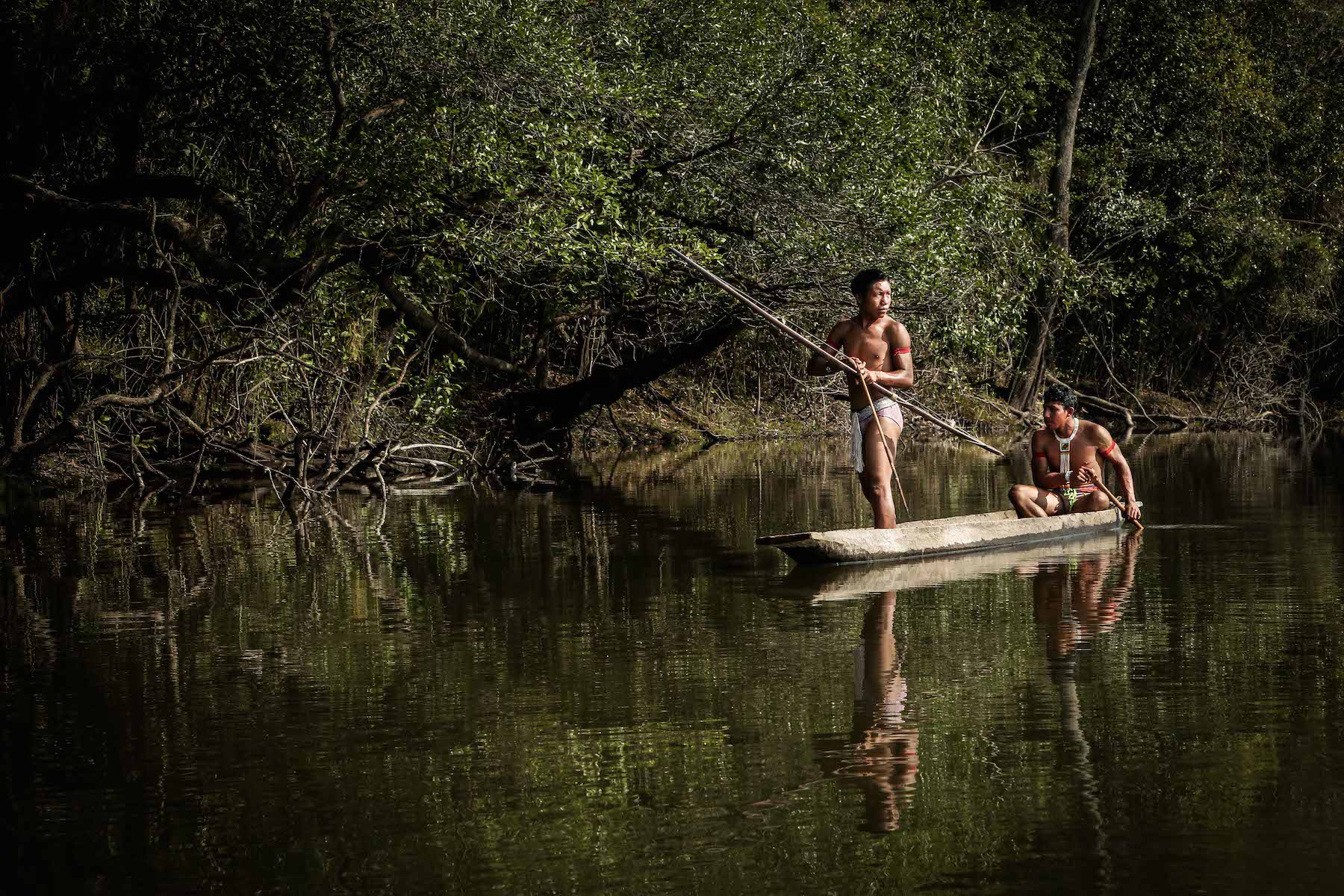Springs, also called dhara, mool, kuwa, naula, and chasma, are, the most important source of water for millions of people in the midhills of the Hindu Kush Himalayas. Spring water is used for drinking, irrigation, domestic, and religious purposes. They also perform important ecological functions…
The purpose of this report is to provide information and analysis to government, civil society, and donors interested in improving the well-being of the rural population of Mon State, Myanmar. Specifically, the report analyzes the different sources of income for rural households, as well as…
This report offers specific policy and investment options articulated around two broad areas: (1) stimulating growth in agriculture and sustainable management of fisheries and (2) providing public infrastructure and services that strengthen the enabling environment. A plan to stimulate growth in…
The Fertile Crescent (FC) is a high biodiversity region where most temperate-zone agricultural species originated and were first domesticated. A favourable environment, a special plant community and an adaptive population combined to initiate the transition from a hunter-gatherer economy to one…
China has a rich resource of native sheep (Ovis aries) breeds associated with historical movements of several nomadic societies. However, the history of sheep and the associated nomadic societies in ancient China remains poorly understood. Here, we studied the genomic diversity of Chinese sheep…
Irrigation can help to improve and stabilise agricultural productivity, thereby contributing to food security and to resilience against climate change. Irrigation – either full or supplementary – reduces reliance on erratic rainfall/droughts and increases yields; it extends cropping periods and…
This guide provides a simple yet complete resource to help communities to understand the Asian Development Bank’s policies and use them for justice. While it focuses on the ADB, it also contains information that is useful for any campaign against destructive development—even if the ADB is not…
This paper analyzes whether national laws acknowledge indigenous peoples and other rural communities in 100 countries as owners of waters that arise within their lands. Results derive from information collected by LandMark to score the legal status of community land tenure. Findings are positive…
REDD+ is an important instrument for many developing countries in the tropics to fulfill their commitments under the Paris Agreement. Accordingly, various countries have considered it in their current (Intended) Nationally Determined Contributions as to shape the future pathway for addressing…
Legally recognized and secure land and resource rights are fundamental to the advancement of global peace, prosperity, and sustainability. From the development of human cultures to the realization of democracy itself, tenure security underpins the very fabric of human society and our…










